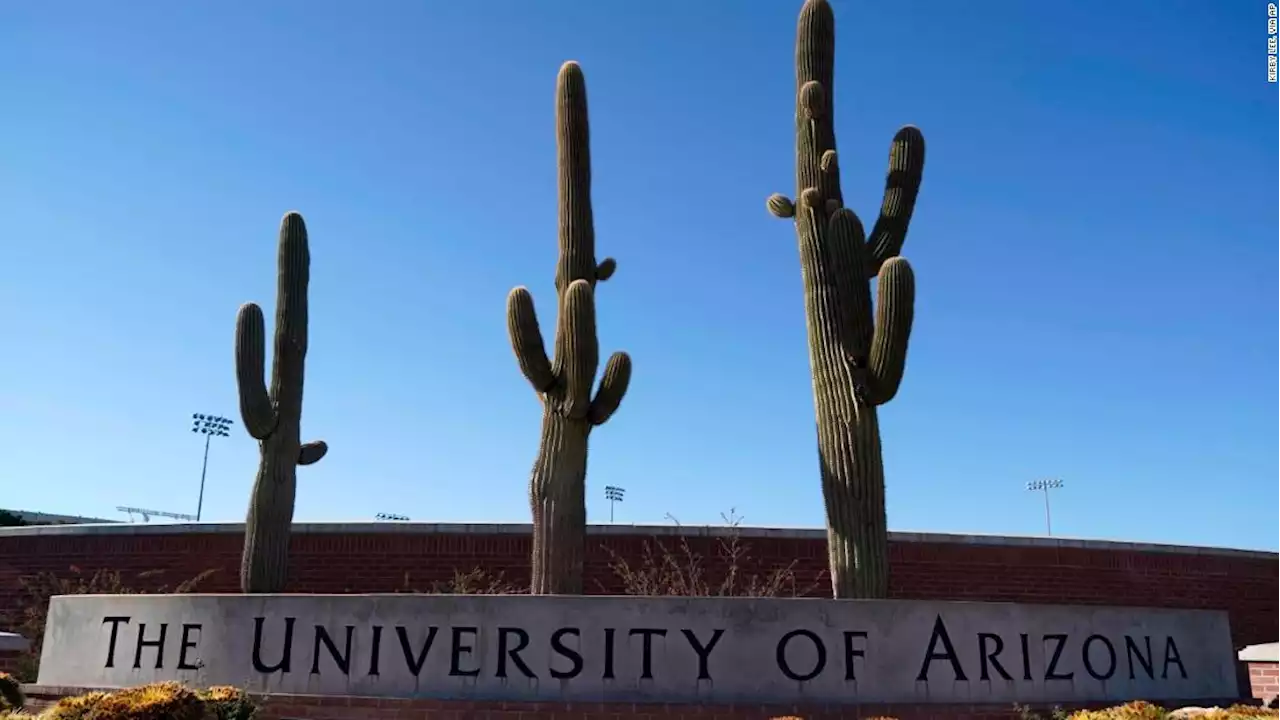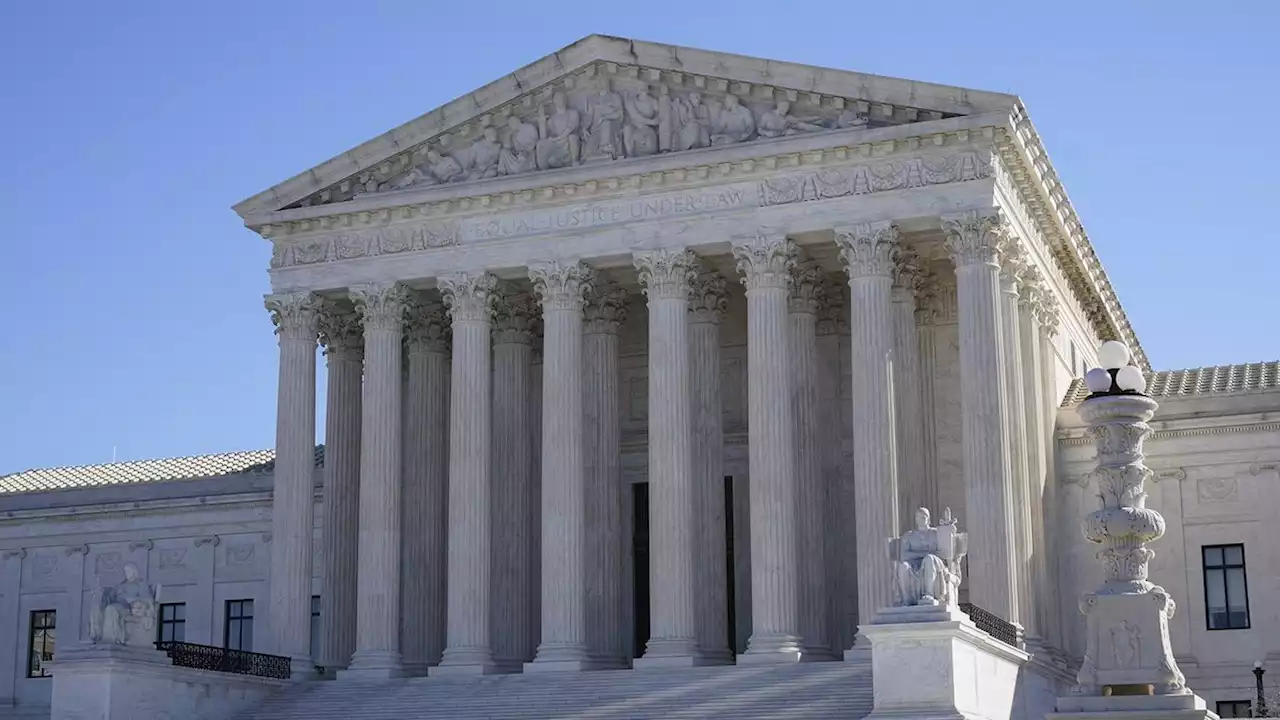Sealaska Corporation shareholders have voted to get rid of the blood quantum requirement for enrollment. That means descendants of original shareholders no longer need to prove they have one–quarter Native blood to become a shareholder.
Michaud is a corporation board member and was the first person to enroll after the vote. Previously, she had just one share gifted from her grandmother. This new enrollment gives her 100 more shares which will last her lifetime.“When my kids get 18 they’ll also be a part of this,” Michaud said. “It means that you’re able to be part of it and that you’re Native enough. It didn’t matter that your parents or grandparents married somebody who wasn’t Native. You’re still Native.
“The blood quantum issue itself continues to literally divide families pretty quickly and within a few generations the pool of eligible descendants would be dwindling,” Nelson said. “If you add more shareholders then the voting strength of the current shareholders is diluted,” Mata said.
Indonesia Berita Terbaru, Indonesia Berita utama
Similar News:Anda juga dapat membaca berita serupa dengan ini yang kami kumpulkan dari sumber berita lain.
 University of Arizona will waive college tuition for Native students in the stateUndergraduate students enrolled in one of Arizona's 22 federally recognized tribes are eligible for the program. Several state colleges and universities, including institutions in California, Colorado and Oregon, have launched similar initiatives.
University of Arizona will waive college tuition for Native students in the stateUndergraduate students enrolled in one of Arizona's 22 federally recognized tribes are eligible for the program. Several state colleges and universities, including institutions in California, Colorado and Oregon, have launched similar initiatives.
Baca lebih lajut »
 'Kirkland Native History Document' spurs debate about Eastside Indigenous historyWhen the City of Kirkland published a document last week about the Native American history of that part of King County, one local historian wasn’t very happy.
'Kirkland Native History Document' spurs debate about Eastside Indigenous historyWhen the City of Kirkland published a document last week about the Native American history of that part of King County, one local historian wasn’t very happy.
Baca lebih lajut »
 Jim Kelly, Hall of Fame quarterback and Pittsburgh native, gives health update after cancer battleKelly reportedly had to have multiple surgeries and treatments in his cancer battle and overcame what was described as a “bleak prognosis.”
Jim Kelly, Hall of Fame quarterback and Pittsburgh native, gives health update after cancer battleKelly reportedly had to have multiple surgeries and treatments in his cancer battle and overcame what was described as a “bleak prognosis.”
Baca lebih lajut »
 Supreme Court rules for Oklahoma in case about jurisdiction on Native American landsSupreme Court, in a 5-4 vote, says Oklahoma shares jurisdiction with the federal government for crimes committed on reservation land by non-Native Americans. The principal chief of the Cherokee Nation said the justices 'ruled against legal precedent'
Supreme Court rules for Oklahoma in case about jurisdiction on Native American landsSupreme Court, in a 5-4 vote, says Oklahoma shares jurisdiction with the federal government for crimes committed on reservation land by non-Native Americans. The principal chief of the Cherokee Nation said the justices 'ruled against legal precedent'
Baca lebih lajut »
 'An Act of Conquest': Native Americans Condemn SCOTUS Tribal Sovereignty RulingStanford Law School professor Elizabeth Hidalgo Reese called Wednesday's Supreme Court ruling allowing authorities in Oklahoma and other states to prosecute certain crimes on sovereign tribal land 'horrifying and insulting to Indian people and tribes.'
'An Act of Conquest': Native Americans Condemn SCOTUS Tribal Sovereignty RulingStanford Law School professor Elizabeth Hidalgo Reese called Wednesday's Supreme Court ruling allowing authorities in Oklahoma and other states to prosecute certain crimes on sovereign tribal land 'horrifying and insulting to Indian people and tribes.'
Baca lebih lajut »
 Experts: Court ruling breaks decades of Native American lawPrincipal Chief Chuck Hoskin Jr. of the Cherokee Nation said the court “failed in its duty to honor this nation’s promises, defied Congress’s statutes and accepted the ‘lawl…
Experts: Court ruling breaks decades of Native American lawPrincipal Chief Chuck Hoskin Jr. of the Cherokee Nation said the court “failed in its duty to honor this nation’s promises, defied Congress’s statutes and accepted the ‘lawl…
Baca lebih lajut »
